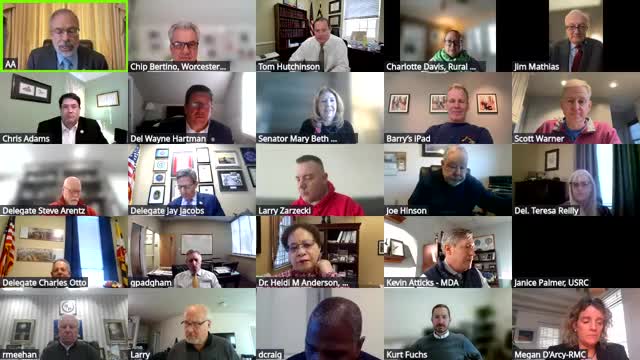Article not found
This article is no longer available. But don't worry—we've gathered other articles that discuss the same topic.
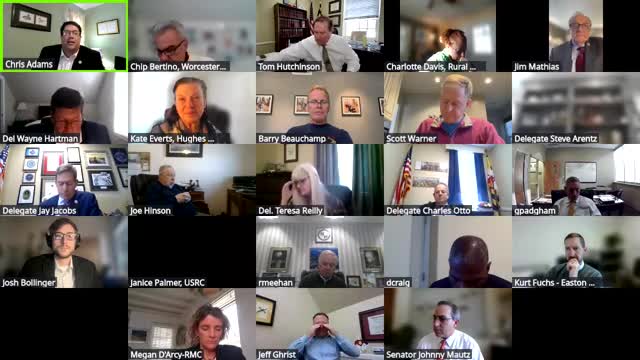
Hughes Center previews climate-smart agriculture report, farmers ask for local, short-term data and flexible practices
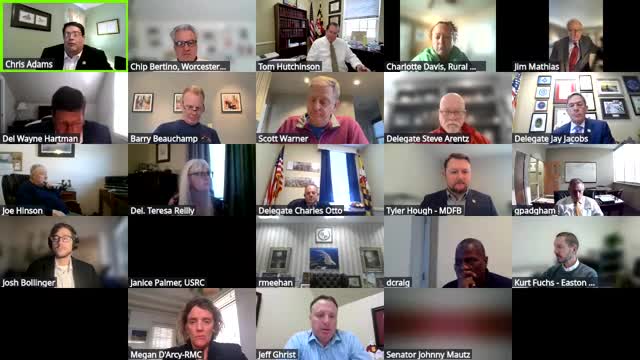
Maryland Farm Bureau lays out priorities; Eastern Shore lawmakers warn estate tax, budget shifts threaten farms
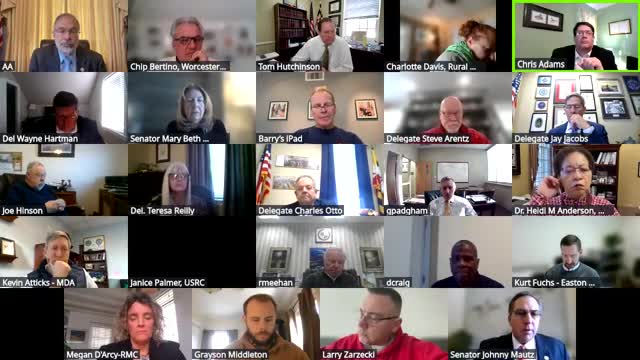
Delegation presses federal help for blue catfish processing and seeks pause on federal oyster sanctuaries
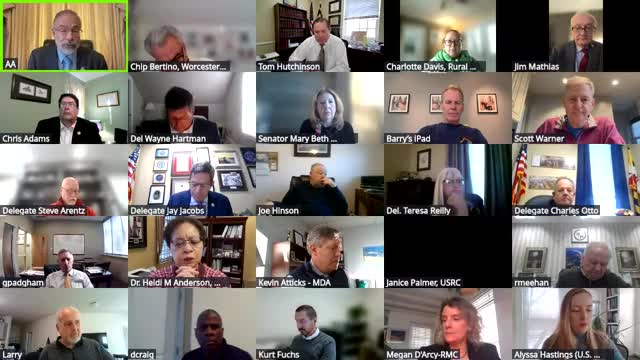
Delegation hears Rep. Harris: administration ordered study of offshore wind leases; Ocean City project faces review
